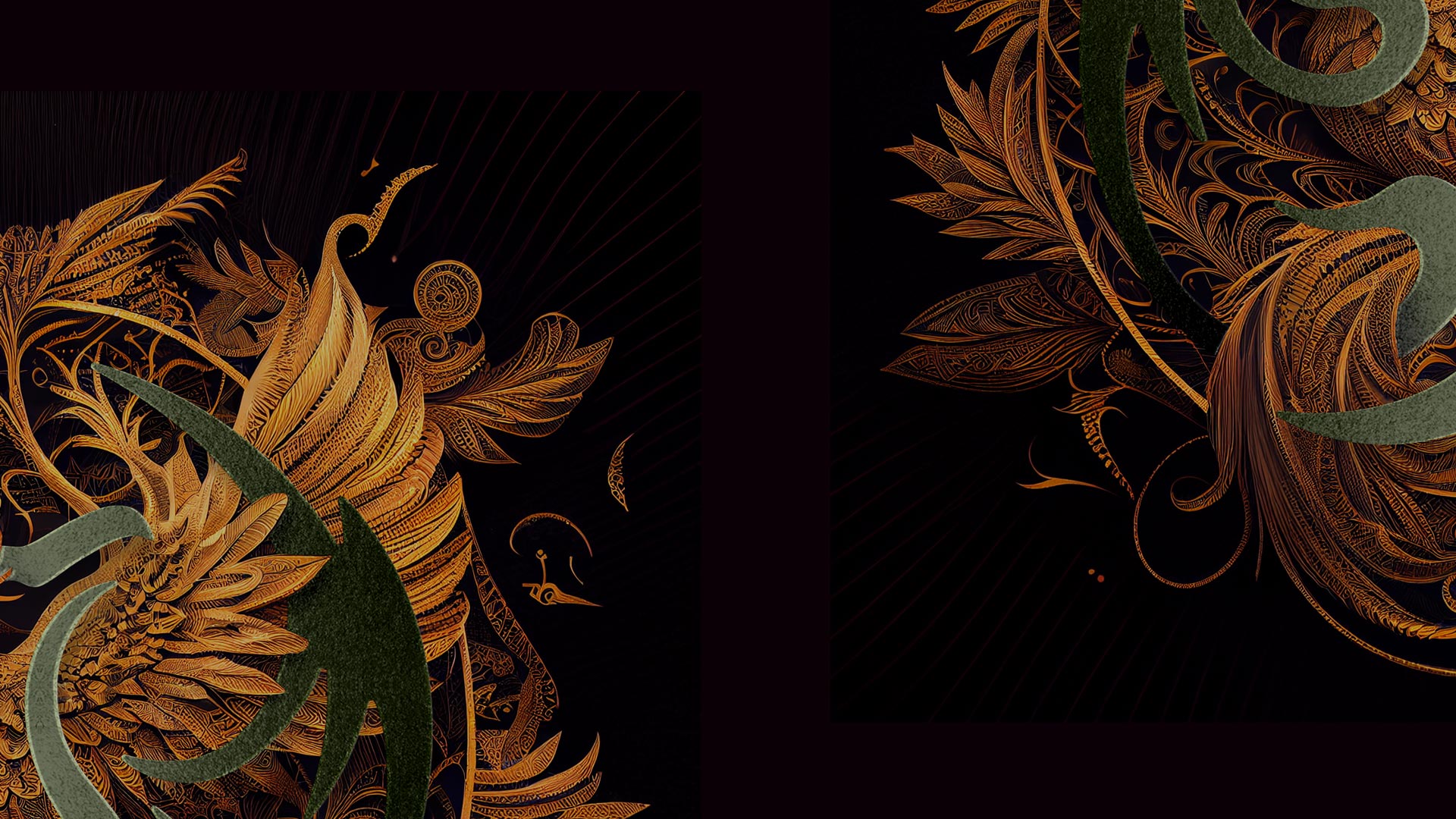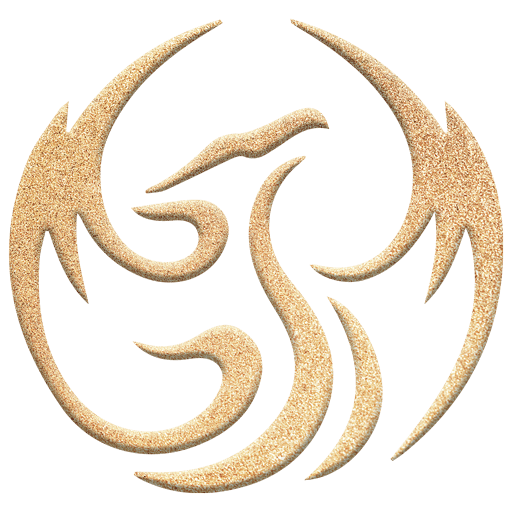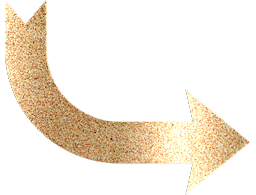This document has two parts:
Our core commitments, which we are accountable for.
Our aspirations, which guide our ongoing growth.
Core Commitments
1. Clear and Healthy Boundaries
1.1 Power
We recognise the trust participants place in us and use our role responsibly.
As MM professionals we are holding the space and are responsible to ensure that any assistants behave appropriately and have their own insurance.
1.2 Physical Boundaries
We cause no physical harm and are sensitive to the power of touch and the importance of voluntary proximity for all.
We ensure physical needs such as appropriate temperature, lighting, clean floors, toilet paper, and access to necessary equipment are met in the teaching space. A basic first aid kit must be available.
1.3 Sexual Boundaries
No sexual or romantic relationships with participants.
If attraction arises, we pause and seek supervision.
If a relationship is to begin, this can only be after a supervised break of the professional connection and a cooling-off period.
We never act in a sexually coercive or predatory way and support participants' autonomy.
1.4 Emotional Boundaries
We do not use our role as leaders to feed our own unmet emotional needs.
We distinguish between using a personal story to illustrate a teaching point and using the teaching space to process our personal issues. We do not "client" participants.
1.5 Responsibility
We are clear about what we are and are not responsible for.
We are responsible for the clarity of what we are (and are not) inviting in the space and how we hold it.
We are not responsible for fixing others or for how they use what we offer in their personal lives.
2. Professional Certification and Support
2.1 Certification & Re-Registration
Graduation is a requirement within 5 years of training, preferably 3.
- Valid First Aid certificate (for the country of practice)
- Appropriate insurance
- Up-to-date license with the School of Movement Medicine (MMP)
- Membership of the I.C.M.T.A.
- Re-register 3 years after graduation and every 5 years thereafter
- Six months before re-registration, write a 1000-word self-reflective piece exploring your MM practice, strengths, challenges, and how you attend to them. Share this with 3 peers and explore it together in an Insight Council (see guidelines). The council provides feedback and can raise issues with the MMP if needed.
2.2 Professional Support
- Minimum six sessions of supervision annually
- Peer support/inter-vision at least once every 6 weeks
- CPD in MM: Attend or assist on MM courses, CPD webinars, MM events, or minimum 6 hours/year of MM-related learning
- Minimum 5 hours/year of non-MM CPD that supports your guiding practice
2.3 Ceremonial Practice & Community Connection
MM professionals are trusted to maintain their ceremonial connection within a Movement Medicine context. Instead of a fixed requirement to attend the Long Dance every 3 years, each professional is invited to reflect on how they fulfil these essential functions:
- Stay connected to the ceremonial heartbeat of MM
- Stay connected to the evolution of MM and its community
- Engage in regular giveaway/fundraising work
- Support and be supported by the MM Mesa
- Deepen personal inner work in well-held ceremonial space
This is reviewed during the Insight Council. Options include:
- Attend the Long Dance or other MM ceremonies
- Assist Susannah and Ya'Acov or other senior teachers
- Join Tribal Heart or other online ceremonies
- Participate in MATTs or the Study Hub
- Attend non-MM ceremonial spaces
- Continue personal growth and study
- Engage in online MM courses (e.g. Encounter, Embodied Listening)
- Undertake regular giveaway/fundraising work
- Participate in Long Dance-related charity work (in person or remotely)
- Create your own ceremonial dance space through the Mesa alone or with peers
3. Respect
3.1 Freedom: Our work is an invitation for people to discover their own truth, not a requirement to agree with ours. We do not insist on colleagues sharing the same views as us. Instead, we aspire to work together for common goals.
The MM Mandala is a map, a story, not an absolute truth.
Participants are free to take what serves them and leave the rest.
3.2 Communication: We communicate with kindness and respect.
Participant confidentiality is upheld unless permission is given to share.
When appropriate, we invite participants to enter group agreements around confidentiality.
We speak respectfully about colleagues and other modalities.
4. Duty of Care: We prioritise the wellbeing of all participants, ourselves, and the space.
We encourage self-responsibility and mutual respect.
Group agreements include confidentiality and sexual boundaries.
We ensure a clean, safe, and appropriately equipped space (first aid kit, emergency contacts, heat, light, hygiene).
We make clear the ground rules of the space and include boundaries for safety and freedom.
5. Honouring Agreements: We teach what we advertised, unless change is needed for participant wellbeing.
What it says on the tin is what is in the tin.
We begin and end on time.
All costs are clearly stated in advance.
Our Ethical Aspirations
1. Boundaries
1.1 Transference & Countertransference: We understand these dynamics and aim not to act from unresolved personal material.
Our role includes being aware of our own shadows.
We have regular supervision and seek extra support when needed.
2. Respect
2.1 Freedom: We see participants as fellow travellers, not as "ours."
2.2 Capacity: We support participants to stand up (empowerment), grow up (responsibility) and play their role. We trust in participants’ innate potential to find their way.
We use inclusive, accessible language.
We honour people’s limits and do our best to be inclusive.
3. Equality: We treat all participants equally—newcomers and regulars alike.
We listen for and respect quieter voices.
We approach teaching with humility and curiosity, knowing we don’t have all the answers.
4. Authenticity: We aim to embody what we teach.
We acknowledge when we fall short.
We know our limits and care for our own presence and energy.
We are kind to ourselves and others, even in our mistakes.
5. Support: We aim to meet our personal needs outside the teaching space.
We ensure we have the practical and emotional support to hold the space well.
6. Caring for Life (the biosphere): We reflect our respect for life in how we teach and how we organise events.
We lead by example: reduce waste, recycle, conserve energy, travel consciously.
7. A Sense of Humour: We don’t take ourselves too seriously. We recognise that we are all learning and we cultivate the capacity to laugh at ourselves.
The first ethics doc was approved December 2011, Rill Estate, Devon, UK
This updated version approved July 2025



